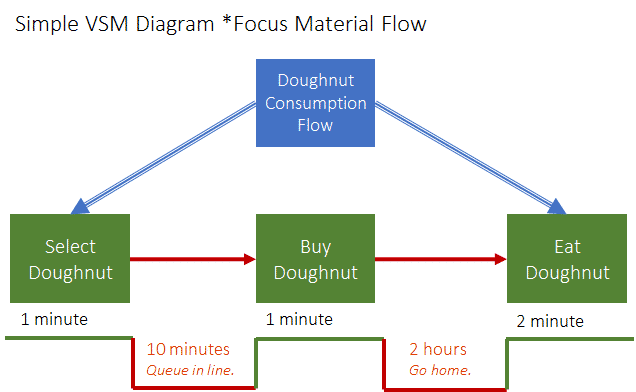Answer Key – Value Stream Mapping Quiz
Q1: What is the primary purpose of Value Stream Mapping?
Correct Answer: To visualize a process and identify waste
VSM maps out every step in a process to show how materials and information flow — highlighting delays, inefficiencies, and opportunities to improve.
Q2: Which of the following is least likely to appear on a value stream map?
Correct Answer: Customer names
VSM focuses on process elements like steps, inventory, wait times, and handoffs. Individual customer data is not typically included unless specifically relevant to process variation.
